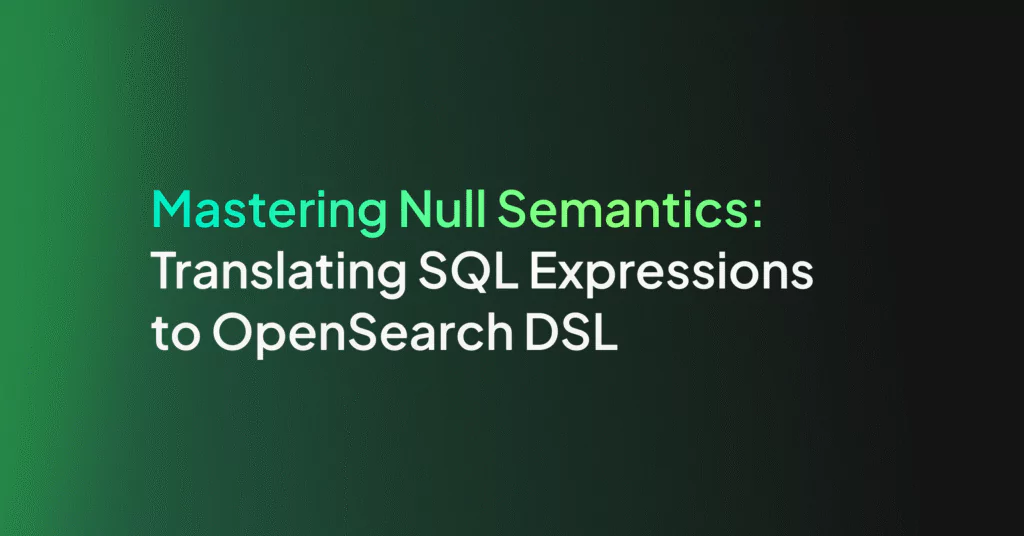RocksDB – Getting Started Guide

There are several reasons for creating a highly efficient and performant database in the current web era. RocksDB is an embedded key-value store designed for efficient data storage and retrieval. It is an open-source database engine developed by Facebook, which builds upon the strengths of LevelDB while incorporating several enhancements for durability, scalability, and performance. RocksDB is particularly well-suited for applications that require fast and reliable storage of large datasets, making it a popular choice for various data-intensive use cases, including web services, analytics, and distributed systems.
There are various reasons one can use RocksDB, and one of them could be that it is used by many companies that trust it, e.g., Facebook, Netflix, Santander, and Uber. How to use it is also an important aspect. It is a tool that addresses the challenge of simplifying access to permanent local storage. It empowers software developers to concentrate on designing and building other parts of their systems, all while having the confidence that RocksDB can handle reliable storage access. Notably, it has demonstrated its capabilities in handling extremely demanding database workloads at Facebook and similar challenging environments worldwide.
RocksDB stands as a testament to the innovation in database technology, offering an extensive suite of features and benefits that cater to the needs of modern applications with an impressive way of incorporating the three pillars of observability into its design. Let’s delve into the story of RocksDB, a database that blends speed, reliability, and flexibility in an exceptional way.
Unmatched Performance: At the heart of RocksDB lies its commitment to speed. This high-performance database leverages an LSM-tree (Log-Structured Merge-tree) data structure, a masterstroke in engineering that allows for rapid writes and reads. This architecture is the cornerstone of its unparalleled efficiency, making it a go-to choice for applications that demand brisk data processing.
Embedded Simplicity: Imagine a database that snugly fits within your application, like a cog in a well-oiled machine. RocksDB does precisely that. It embeds directly into applications, eliminating the need for a separate database server. This integration provides a streamlined, lightweight approach to data management, simplifying the developer’s journey.
Fortress of Durability: In the digital world, data is king, and protecting it is paramount. RocksDB champions this cause with its write-ahead logging (WAL). Data is first recorded in a log file before making its way to the database, a safeguard ensuring that even during a system crash, your data remains intact and unscathed.
Scalability: RocksDB is not just a database; it’s a scalable solution. Whether dealing with a modest dataset or an ever-expanding ocean of data, RocksDB grows with your needs. It’s adept at handling minuscule and massive data volumes, a faithful ally in the data-intensive world.
RocksDB Tuning & Tailor-Made Configurability: Every application is unique, and RocksDB embraces this. It offers a myriad of configurable options, allowing developers to fine-tune it to their specific requirements. This versatility ensures that RocksDB can be molded to fit any application’s data story narrative.
A Choice of the Titans: Its reliability and performance have not gone unnoticed. Originally developed by Facebook to quench their thirst for high-throughput data storage, RocksDB has since been embraced by numerous organizations and projects, a testament to its robustness and efficiency.
The Open Source Chronicle: RocksDB is more than software; it’s a collaborative saga. Being open-source, it invites everyone to contribute, use, and modify its code. This openness has birthed a vibrant community of developers and users, constantly pushing the boundaries of what RocksDB can do.
A Versatile Protagonist: The applications of RocksDB are as diverse as they are impactful. From powering web services to acting as the backbone of caching layers, from fueling distributed systems to aiding in log analysis, RocksDB thrives in environments where speed and efficiency are not just luxuries but necessities.
In summary, RocksDB is a high-performance, embedded key-value store emphasizing data durability, scalability, and configurability. Its open-source nature and widespread adoption make it a popular choice for developers and organizations seeking efficient and reliable data storage solutions.



